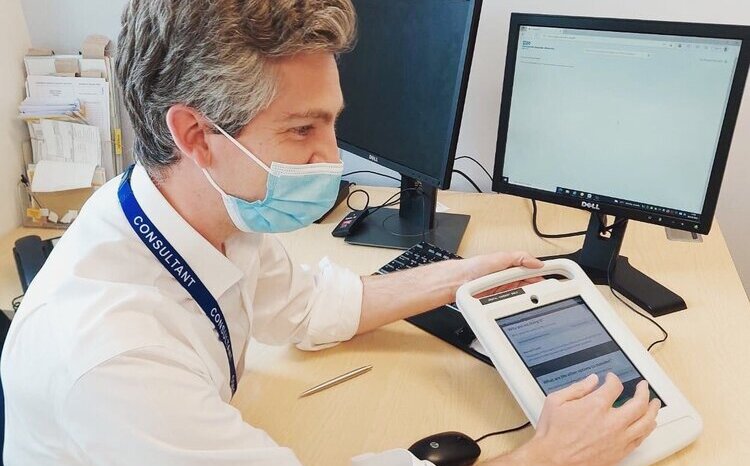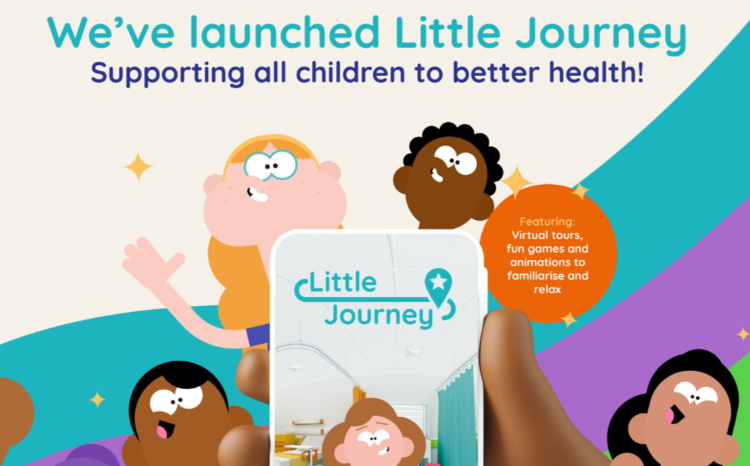Plans for children’s databases criticised
- 27 November 2006
Government plans for children’s databases could end up putting children at increased risk by diverting resources away from frontline services and are already breaking data protection and privacy laws according to a report ordered by the Information Commissioner.
The report, Children’s Databases – Safety and Privacy, written by the Foundation for Information Policy and Research (FIPR), examines the range of databases currently in existence across social services, youth offending, education and healthcare and proposals for new databases.
These include the Information Sharing Index which is expected to hold information on every child in the UK by 2008 and proposals for an Integrated Children’s System, an electronic social care record for children’s cases being handled by social workers. The report argues that the databases currently being built will divert resources from frontline services, mean children are unfairly stigmatised, erode parental responsibility, lead to children being bullied into providing intrusive data on themselves and corrode families’ privacy and autonomy.
Professor Ross Anderson, chairman of FIPR, argued that the databases would also not be able to deliver on their stated intentions. He said: “When building systems that process personal information, you can have scale, or functionality, or security. You can even have any two of these – but you can’t have all three. If we’re to have secure and functional child protection systems, they will have to be local rather than central.”
The report says the Information Sharing Index which is due to hold basic details on every child in England by 2008, could risk being “flooded” by low level concerns that would obscure more serious concerns.
The 194-page research report was commissioned and published by the Information Commissioner’s Office although last week the ICO made it clear that the conclusions in the report were those of FIPR and not their own.
However the ICO published a paper on sharing children’s information to coincide with the publication of the report and said that next year it would be publish a code of practice to help public sector organisations share appropriate information and ensure they comply with the principles of the Data Protection Act.
The ICO said it was also considering whether further information would be helpful such as guidance on consent issues, guidance to help social services and possibly health and educational professionals explain data protection to their clients and guidance aimed at young people aged 12-18.
Jonathan Bamford, assistant commissioner, said there had been a substantial growth in the information held about children and it was something the ICO needed to look at carefully. He added: “Just because technology means that things can be done with personal information, it does not always follow that they should be done. Public trust and confidence will be lost if there is excessive unwarranted intrusion into family life or if some of the issues that have been identified actually materialise.”
The FIPR report outlines a change in children’s databases from concentrating on child protection to child welfare, a move which it says shifts the emphasis from 50,000 children in the UK believed to be at substantial risk of significant harm to possibly three or four million who could be at some disadvantage due to poverty ill health or poor school performance.
It says that public disquiet about privacy is being raised by a number of centralised initiatives such as the NHS Care Records Service and the proposed ID database and urges the Information Commissioner to take regulatory action.
It adds: “Data collection under the rubric of social care will leave few families in Britain untouched. Ultimately, if illegal systems are built, they will be challenged in the courts. If the commissioner prevents that by regulatory action now, he may irritate the system owners in the short run – but will save much more anguish and expense later.”
The Department of Education and Skills said it did not disregard the privacy of children and had serious reservations about the report’s objectivity and evidence base.
Links
Children’s Databases – Safety and Privacy
ICO paper on protecting children’s information
Related articles
DH consults on child Information Sharing Index




